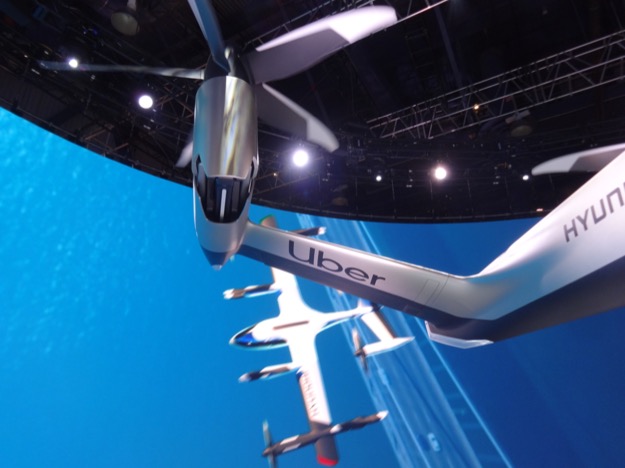
On Wednesday, the lame duck Federal Communications Commission reassigned 45 MHz of automotive spectrum in the crowded 5.8/5.9 GHz band for WiFi and other unlicensed uses, including transportation applications. It’s a long overdue decision – I’ve been following the debate since the Obama administration – and a welcome one for two reasons: unlicensed spectrum is the lifeblood of consumer connectivity, and it marks a victory for 21st century technology over 19th century bureaucracy and 20th century political payoffs.
As usual, the federal transportation department is howling over losing a turf battle – people will die if we’re not in charge – but the reassignment received support from both democrat and republican commissioners and was approved unanimously.
Twenty years ago, automotive industry lobbyists and transportation bureaucrats, with some help from congress, convinced the FCC to set aside 75 MHz of spectrum in the 5.8/5.9 MHz band for a particular “vehicle-to-wayside wireless standard” in preparation for the coming digital age. That technology – Dedicated Short-Range Communications (DSRC) – met corporate and bureaucratic needs but, as is always the case with technological fiats, didn’t do squat for consumers or technologists.
While the DSRC band remained silent, the variety and utility of ubiquitous mobile services and products, including transportation applications, exploded. Likewise, the bandwidth demands of automotive technology – autonomous vehicles, assisted driving applications, electric cars and the list goes on – grew into the gigabit range and beyond.
Under the FCC’s plan, the auto industry gets to keep 30 MHz, but the rest will transition to public use. Indoor applications will be allowed immediately, outdoor uses will phase in over time. The automotive industry will still have its sandbox – 30 MHz is a lot of spectrum by current standards, and can support far more services and applications than 75 MHz could 20 years ago.
If those services and applications are the product of market tested high tech genius, and not the decree of low tech lobbyists and federal bureaucrats.
